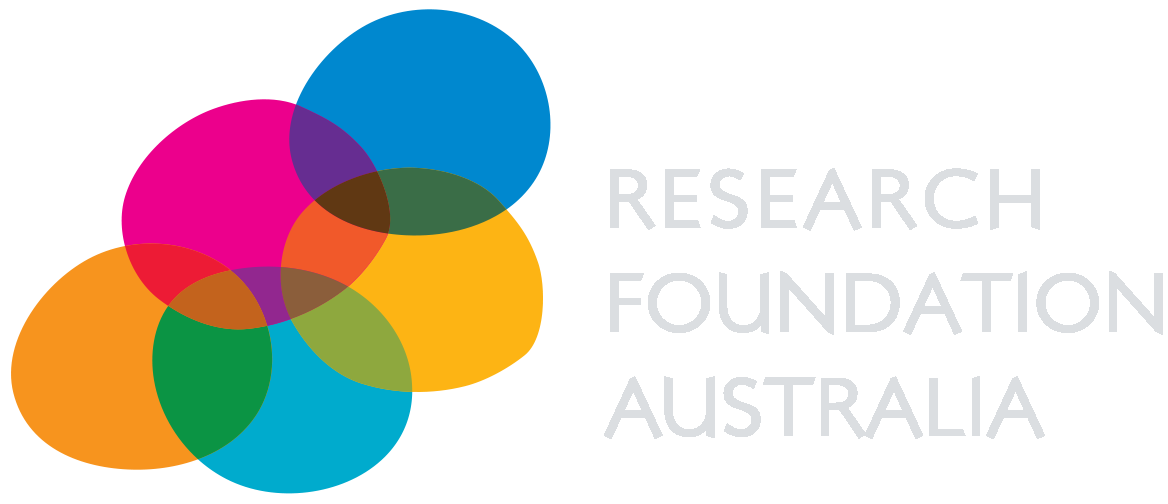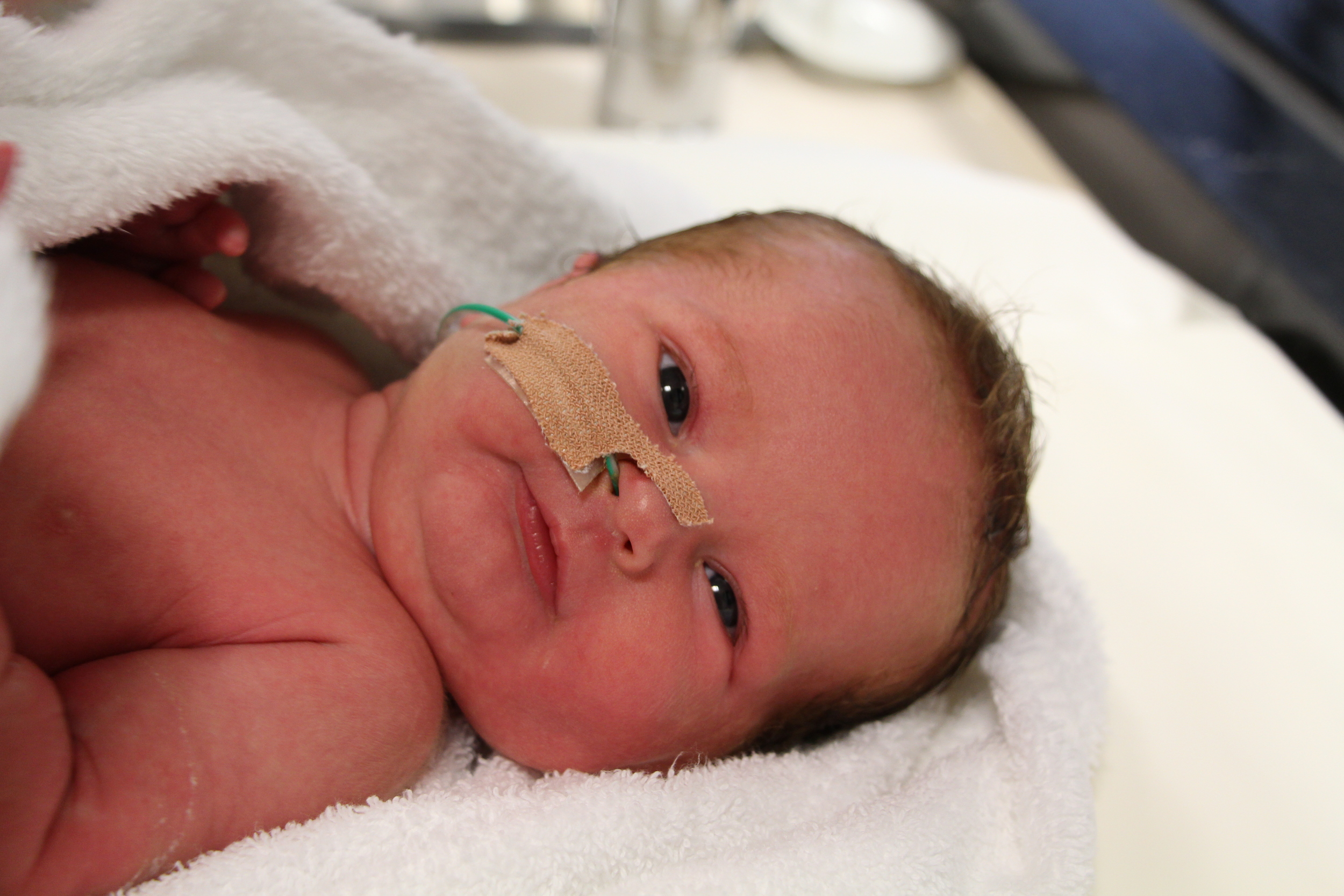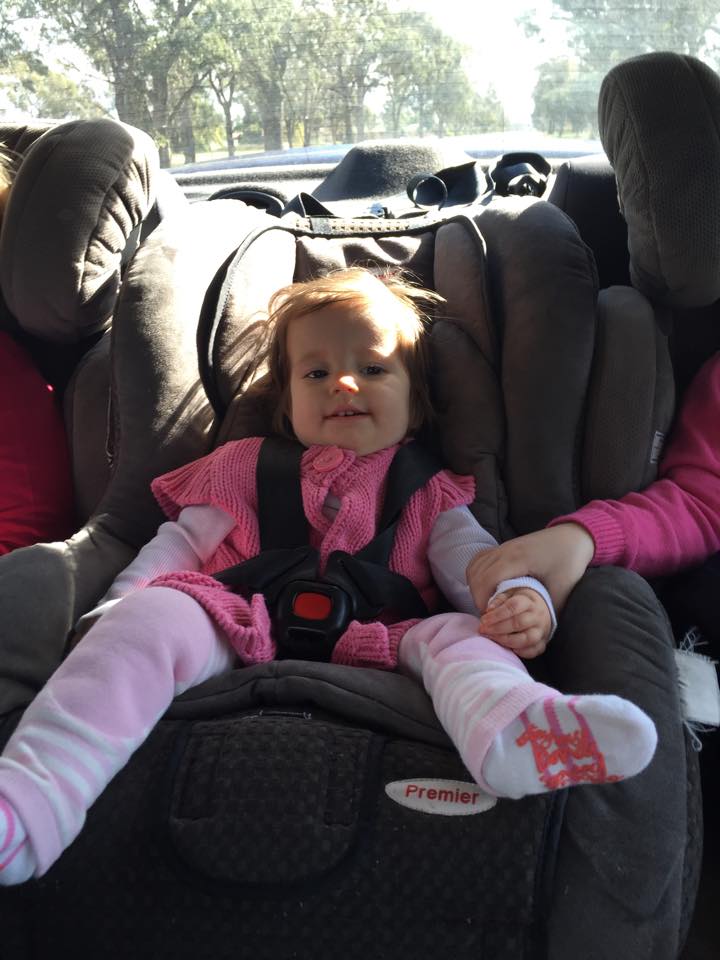PWRFA Advocates for Australian Access to Vykat XR
The Prader-Willi Research Foundation of Australia (PWRFA) is actively advocating for Australian patients to gain access to Vykat XR, a breakthrough treatment for hyperphagia in Prader-Willi syndrome.
Hyperphagia—the persistent feeling of hunger and uncontrolled food-seeking behaviour—is one of the most challenging and life-threatening aspects of PWS. Currently, families must rely solely on environmental food security measures such as locked refrigerators, constant supervision, and restricted social activities, and strict dietary routines and rules, which place enormous strain on patients and caregivers alike.
The Access Pathway for Australians
There are multiple steps in the pathway for Australians to access Vykat XR:
Soleno’s decision to apply to Australia is the first, critical step in this process.
Application for Orphan Drug Designation, which is optional but beneficial particularly regarding fees
Application for Therapeutics Goods Australia (TGA) regulatory approval. TGA conducts a thorough assessment of efficacy and safety, which essential for Vykat to be made available in Australia. Following TGA approval, Vykat would be available at full cost.
TGA conduct their own assessment, independent of FDA (USA market) approval. Whilst there is a lag, Australians benefit from the much greater efficacy and safety data collected from American patients, which will be considered in the application.
Application to the Pharmaceutical Benefits Scheme for subsidies to make it affordable for most Australians.
Medications are reviewed by the Pharmaceutical Benefits Advisory Committee to determine whether they can be listed on the PBS, with the benefits of the drug to patients and the costs of the drug considered. This process also determines the rules about prescriptions that quality for subsidies, making the patient voice particularly important during this phase.
Understanding the Challenges
We want to be transparent about the significant barriers to accessing rare disease treatments in Australia. The 2021 Commonwealth Parliament Inquiry into approval processes for new drugs highlighted that rare disease medications face substantial obstacles, often requiring multiple PBAC submissions and experiencing significant delays before approval.
Examples from other rare conditions demonstrate these challenges:
Spinraza for spinal muscular atrophy (SMA): First listed on PBS in June 2018 for patients under 18, then expanded in December 2020 to include pre-symptomatic children, and finally approved for adults in August 2022—representing a multi-year advocacy journey with multiple submissions.
Trikafta for cystic fibrosis: After years of advocacy and multiple PBAC submissions (including deferrals in 2021), was eventually approved and listed on PBS from April 2022 for patients 12 years and older, later expanded to younger age groups.
Growth hormone for PWS: While initially approved by the FDA in 2000, subsidised treatment for all children with PWS in Australia wasn't achieved until 2009—a nine-year gap highlighting the lengthy advocacy timeline even for established treatments. It took 10 years more for growth hormone to be approved for adults, and even now, the restrictions mean that not all adults can access it.
These successes demonstrate that persistence and sustained advocacy can eventually lead to positive outcomes, but they also show the lengthy timelines involved and the need for multiple attempts.
We also want to be transparent that there are no guarantees that Vykat XR will be listed on the PBS; it may not. Should Vykat XR be listed, there is also the possibility that only a portion of patients seeking access will get it. One challenge that will need to be worked through is the diagnostic criteria for hyperphagia.
Some drugs, such as Kanuma for LAL-D, Cerdelga for Gaucher disease (type 1), Nexviazyme for Pompe disease and Strensiq for HPP, have been unsuccessful with PBS due to cost-effectiveness reasons and have needed to apply to the Life Saving Drugs Program, which has a different approach to cost-effectiveness. These conditions were all rare diseases which are life-threatening, having high treatment costs and with no alternative treatments.
There is limited public information available about the outcomes of LSDP applications. The May 2024 HTA review recommended winding up the LSDP due to the extra review time required with a view to access via the PBS.
Realistic Expectations
There is no guarantee that our advocacy will succeed. Soleno Therapeutics may decide that Australia's smaller market size and complex pricing environment make it commercially unviable to pursue TGA and PBAC approval. If they do apply, the approval process typically requires 2-3 submissions and can take several years.
However, we believe advocacy is essential—companies have specifically noted that active patient advocacy influences their decisions about pursuing approval in new markets.
Our Advocacy Efforts Include:
Engaging with Soleno Therapeutics to demonstrate Australia's readiness for Vykat XR
Learning from other patient organizations' successful advocacy strategies
Educating politicians and healthcare decision-makers about PWS and unmet treatment needs
Collaborating with clinicians through our PWS Centre of Expertise Clinical Advisory Group
Building evidence around patient experience to support PBAC submissions
How You Can Help: We will shortly release resources and templates to help families engage with their local MPs about PWS and the critical need for hyperphagia treatments in Australia.
Managing Expectations
While we are committed to this advocacy, we want families to understand that:
Success is not guaranteed
The process may take several years (potentially 3-10 years based on other rare disease experiences)
Multiple attempts may be required
Commercial decisions by Soleno are beyond our control
Even successful advocacy often requires sustained effort over many years
PWRFA believes that taking action is better than waiting, even with these uncertainties. This represents the most significant potential advancement in PWS treatment since growth hormone became broadly accessible for children in 2009.
We will provide regular updates on our progress and any setbacks we encounter, maintaining transparency throughout the process.
For updates on our advocacy progress, please visit our website regularly or subscribe to our mailing list Newsletters — Prader-Willi Research Foundation of Australia.
Donate now to enable our advocacy work.
VYKAT XR (diazoxide choline) Information.


